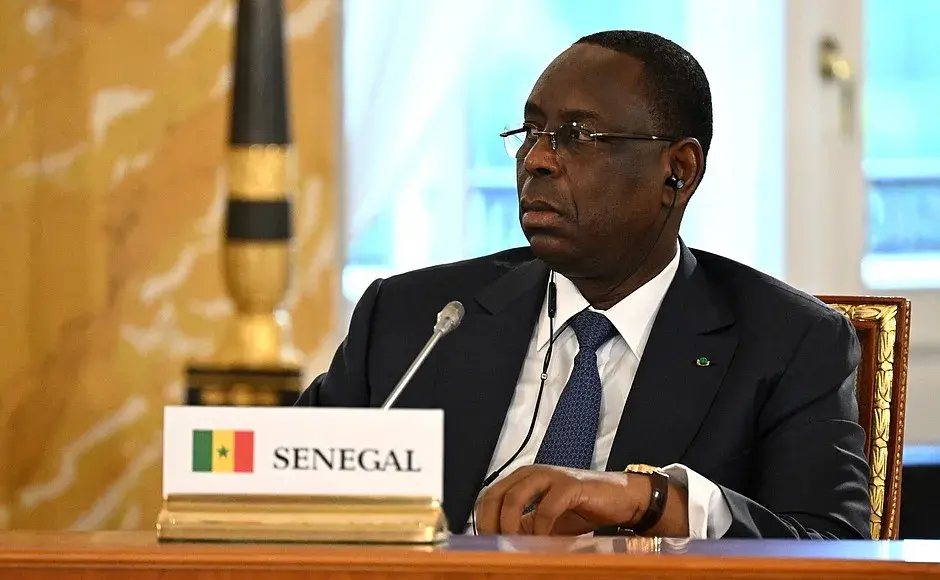The law that delayed the election enabled Sall, whose second term expires in April, to stay in power until the election of a successor, which would likely not happen before 2025.

On Thursday, the Constitutional Council of Senegal rejected the postponement of the presidential election from February 25 to December 15, adding to the turmoil of this country facing one of its worst political crises in decades.
This month, President Macky Sall delayed the elections and parliament approved it in law, a controversial decision in this West African country known for its stability and democratic values.
The opposition and civil society groups organized large protests, where three people lost their lives and dozens were detained.
The law enabled Sall, whose second term expires in April, to stay in power until the election of a successor, which would likely not happen before 2025.
But the high court stated that the law passed by the National Assembly to postpone the elections was against the Constitution, based on a document posted on social media and verified by a source in the institution.
The court also cancelled Sall’s decree of February 3 that changed the electoral schedule just three weeks before the elections.
However, the court acknowledged that it was “impossible to hold the presidential elections on the original date,” but urged “the relevant authorities to hold them as soon as possible.”
The opposition had condemned the delay ordered by Sall as a “constitutional coup” and claimed that the president’s party was scared of losing at the polls.
On Thursday, opposition figures welcomed the court’s ruling.
“It is a decision that puts Senegal back on the right track. I am not surprised because everything that was happening was too much,” former Prime Minister Aminata Touré, who has switched to the opposition, told AFP.
“The law has been restored,” said an opposition presidential candidate, Dethie Fall.
The decision of the Constitutional Court came out on the same day that several opponents were freed in an apparent gesture by Sall to calm public opinion.
Under pressure from public opinion and his international partners, President Sall expressed his wish to find ways of “appeasement and reconciliation.”
The leader justified the measure due to a conflict over the rejection of candidates between the National Assembly and the Constitutional Council, whose role in the electoral process was questioned.







